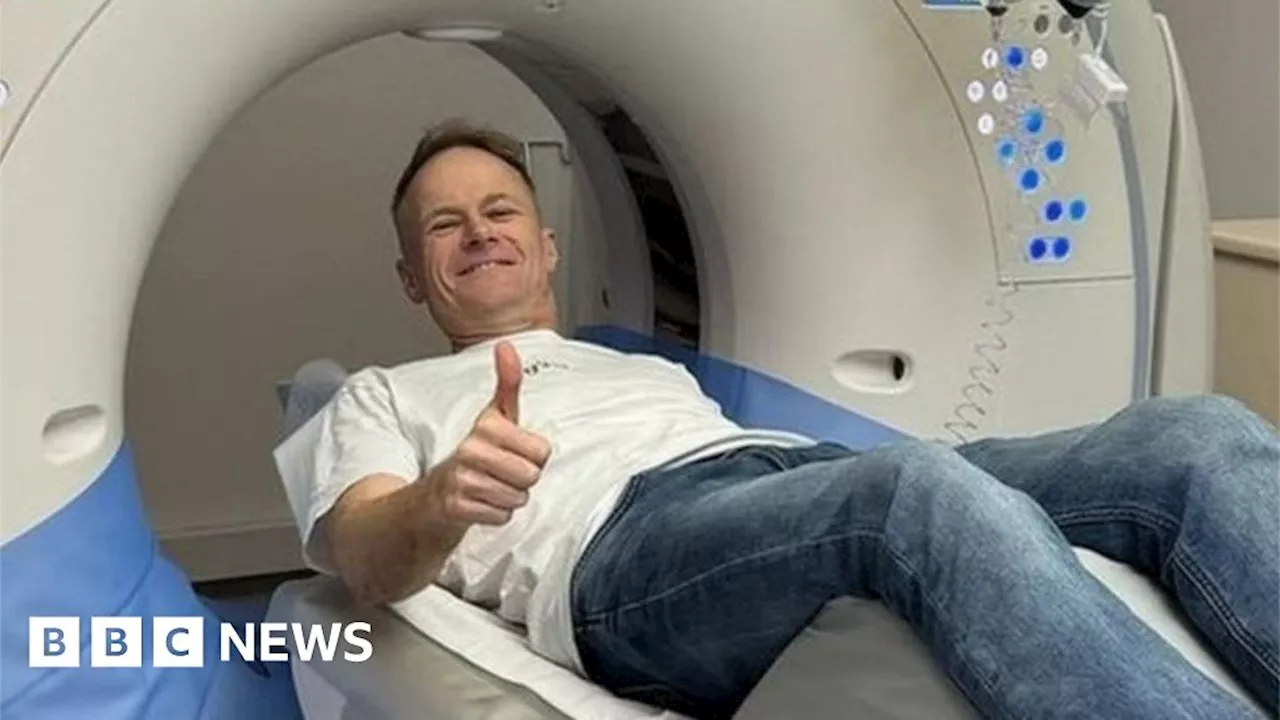Richard Scolyer hopes the life-saving melanoma research he pioneered could treat his brain tumour.
On opposite sides of the world, Richard Scolyer and Georgina Long each took one look at a scan and their hearts sank.But these long-time friends - both leading skin cancer doctors - feared it held a ticking time bomb.
" when I was doing the cancer block the most challenging patients to see were the ones with advanced melanoma. It was heartbreaking," Prof Long says.Today, it's near impossible to overstate their impact on the field. It has made the duo national treasures. Almost every Australian would know someone impacted by their work and this year they've been jointly named as the Australians of the Year.They bonded over frustration at the cases they couldn't crack, the highs of life-changing discoveries, a love of exercise, and a lofty ambition of reaching zero melanoma deaths in Australia.
Eyes shining, the medical oncologist rattles off a list of qualities - brave, honest, upbeat, driven - which make Prof Scolyer the dream colleague and friend.And so, after she received that fateful call from Poland last June - where Prof Scolyer was on holiday when a seizure triggered his diagnosis - she spent the night crying.But then she spent the morning plotting - poring over textbooks, researching clinical trials, and firing off emails to colleagues globally.
He is also the first to be administered a vaccine personalised to his tumour markers, which boosts the cancer-detecting powers of the drugs.Weeks after that initial scan sent their lives into a tailspin, Prof Scolyer and Prof Long looked at another test result."I was blown away. In a millisecond," he says.Not only were there traces of the drugs in the tumour - proving the medication had reached his brain - there was an explosion of immune cells.
United States Latest News, United States Headlines
Similar News:You can also read news stories similar to this one that we have collected from other news sources.
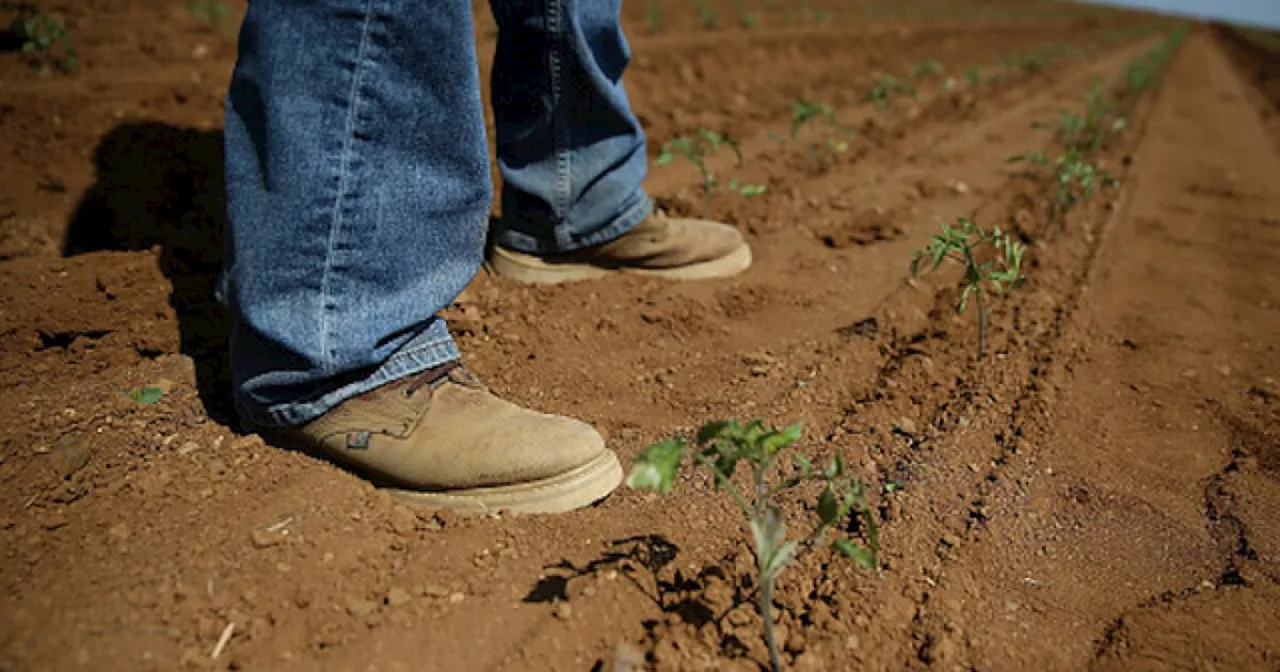 Lawmakers propose bills to improve mental health care for Colorado agriculture workersBrandon Richard is a reporter for Denver7 in Denver, Colorado.
Lawmakers propose bills to improve mental health care for Colorado agriculture workersBrandon Richard is a reporter for Denver7 in Denver, Colorado.
Read more »
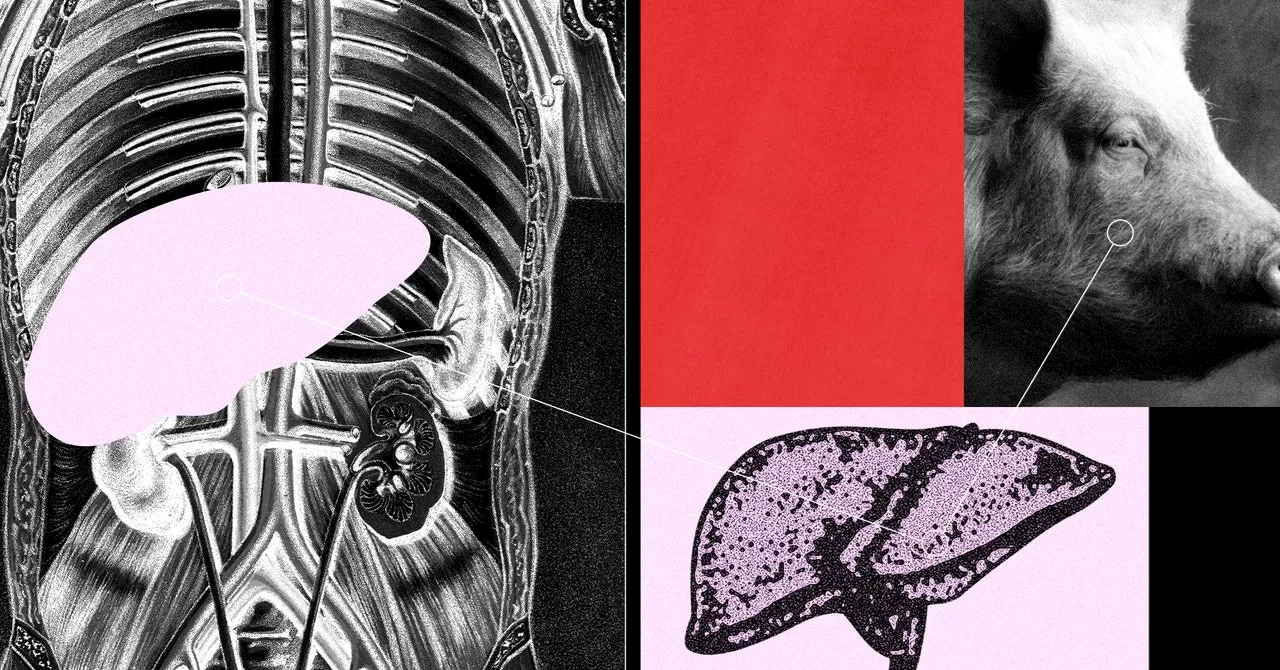 Surgeons Successfully Attach Genetically Altered Pig Liver to Brain-Dead PatientSurgeons at the University of Pennsylvania announced today that they successfully attached a genetically altered pig liver to a brain-dead person and found that the organ functioned normally for 72 hours. The experiment represents a step toward using pig organs to help extremely ill patients with failing livers.
Surgeons Successfully Attach Genetically Altered Pig Liver to Brain-Dead PatientSurgeons at the University of Pennsylvania announced today that they successfully attached a genetically altered pig liver to a brain-dead person and found that the organ functioned normally for 72 hours. The experiment represents a step toward using pig organs to help extremely ill patients with failing livers.
Read more »
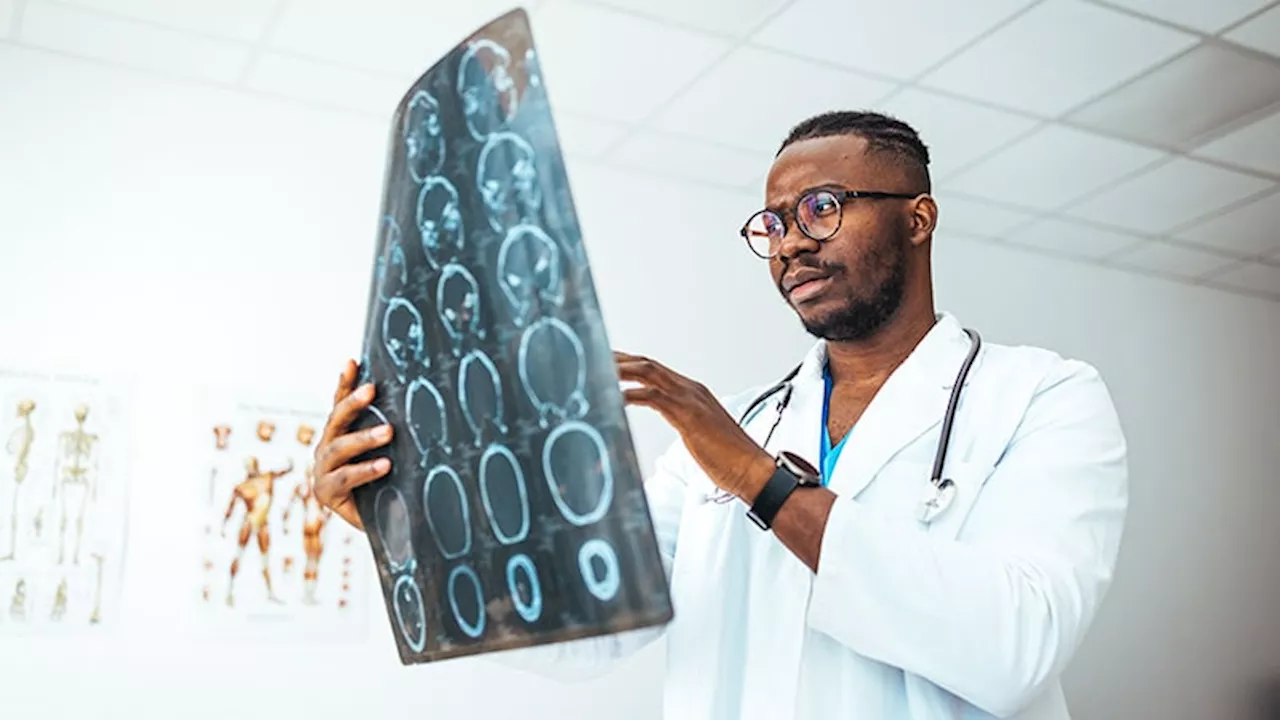 Traumatic Brain Injury Linked to Cardiovascular Disease, Study FindsA study has found a surprising connection between traumatic brain injury (TBI) and cardiovascular disease (CVD). Individuals with TBI are at an elevated risk of unfavorable cardiovascular outcomes for an extended period following the initial incident. Regular monitoring and implementing strategies to mitigate cardiovascular disease risk are crucial for healthcare practitioners.
Traumatic Brain Injury Linked to Cardiovascular Disease, Study FindsA study has found a surprising connection between traumatic brain injury (TBI) and cardiovascular disease (CVD). Individuals with TBI are at an elevated risk of unfavorable cardiovascular outcomes for an extended period following the initial incident. Regular monitoring and implementing strategies to mitigate cardiovascular disease risk are crucial for healthcare practitioners.
Read more »
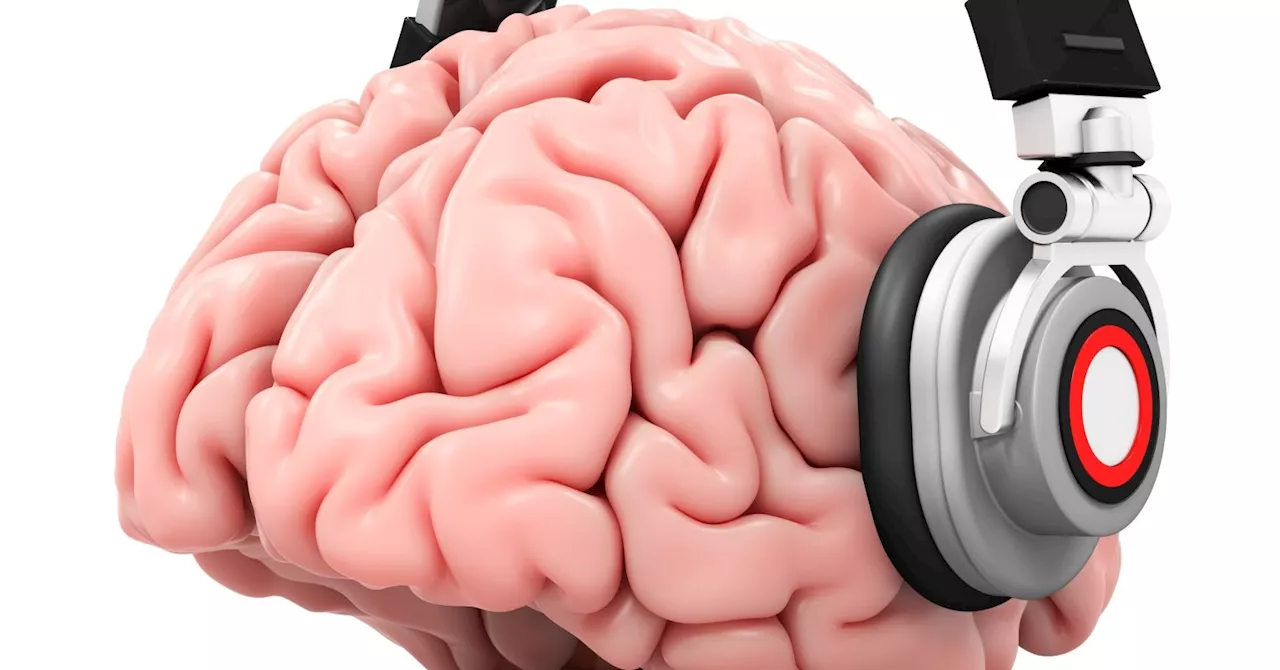 Moving to a beat for three minutes boosts brain power.New research suggests that moving to the beat for three minutes can boost brain power for some (but not all) people.
Moving to a beat for three minutes boosts brain power.New research suggests that moving to the beat for three minutes can boost brain power for some (but not all) people.
Read more »
 Elon Musk says Neuralink implanted wireless brain chipThe company intends for such chips to eventually help tackle complex medical conditions.
Elon Musk says Neuralink implanted wireless brain chipThe company intends for such chips to eventually help tackle complex medical conditions.
Read more »
 Researchers 3D-print functional human brain tissueIt's an achievement with important implications for scientists studying the brain and working on treatments for a broad range of neurological and neurodevelopmental disorders, such as Alzheimer's and Parkinson's disease.
Researchers 3D-print functional human brain tissueIt's an achievement with important implications for scientists studying the brain and working on treatments for a broad range of neurological and neurodevelopmental disorders, such as Alzheimer's and Parkinson's disease.
Read more »
